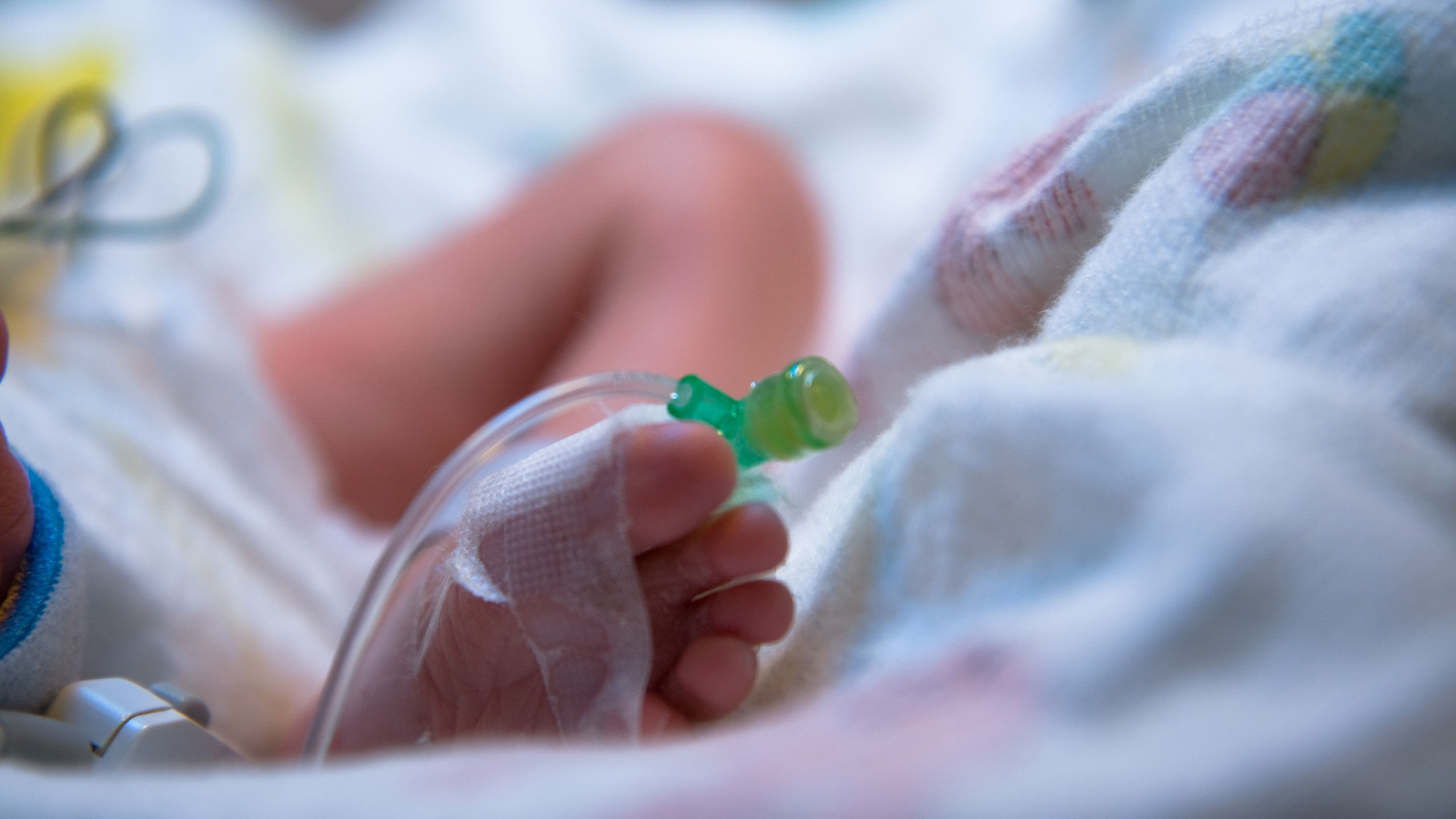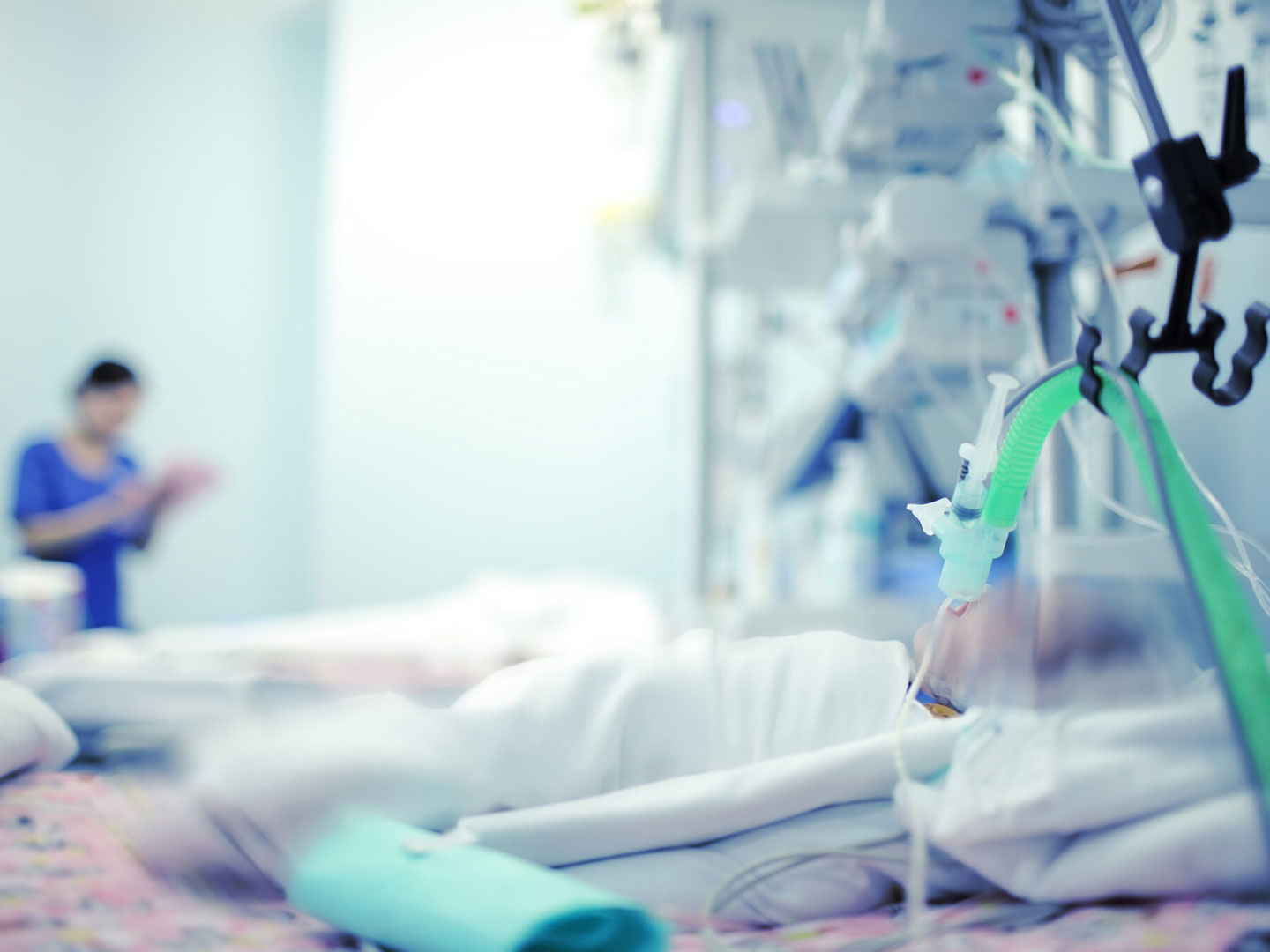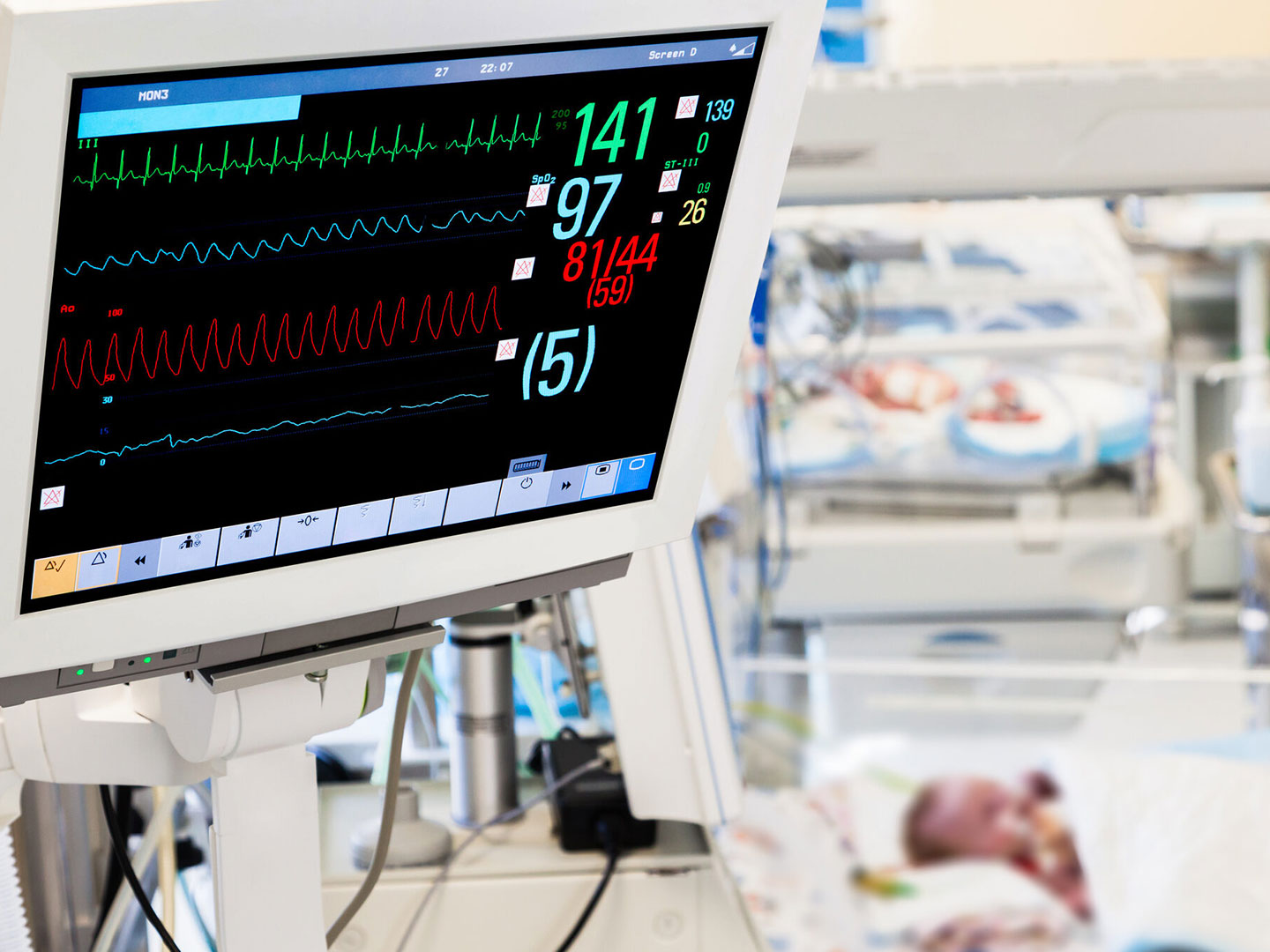TARGETED TRAINING IN
NEONATAL CARE

The social distancing interventions during the Covid-19 pandemic led inevitably to a decline in bedside teaching and training opportunities for students and residents at Neonatal Intensive Care Units (NICU).
To facilitate the training of healthcare staff and students without direct bedside attendance, a joint study* of the Medical University of Vienna and the Leiden University Medical Center tested the VPS 19 smart glasses for training recordings of clinical situations and live streamings.
The study, conducted at the NICU at Leiden University Medical Center, proved the practicability of the VPS 19 eye tracking glasses for observation, educational sessions, and logistic considerations of neonatal procedures. In particular, tracking and indicating the visual focus of the bedside healthcare staff through eye tracking was found to be very beneficial.
Over a three-month period, the researchers conducted 12 eye tracking recordings on ten different neonatal patients undergoing neonatal intubation and umbilical line insertion. Using these recordings, the researchers conducted nine video-based reflections with a total of 88 observers. During video reflections, the training videos were also streamed online for healthcare staff working from home.
In this way, the entire healthcare staff was given the opportunity to witness and discuss procedures remotely while still having a first-person view.
“The eye tracking technology allows researchers and observers to objectively measure and perceive the gaze patterns of the staff from a first-person view, thereby understanding the clinical reasoning process during task performance,” explains Michael Wagner, MD PhD at the Medical University of Vienna and principal investigator and first author of the study.
THE VPS 19 PROVED TO BE FEASIBLE AND BENEFICIAL IN THE STUDY
The 12 wearers (“proceduralists”) perceived the use of the VPS 19 as practical and not obstructive. Proceduralists also reported no discomfort related to the glasses or performance alteration. None of them removed the eye-tracking glasses during the procedures.
The observers reported the eye tracking videos to be an educational benefit for them. Both on-site and online observers rated the eye tracking recordings as an additional educational experience, particularly in medical training.
The first-person perspective gives trainees the possibility to identify critical areas, memorize the visual attention and adopt the experts’ gaze patterns.
Eye tracking has the potential to involve healthcare staff in more procedures and close significant gaps in learning neonatal procedures.
READ THE FULL STUDY REPORT IN THE BMJ MEDICAL JOURNAL: https://doi.org/10.1136/archdischild-2021-321806



